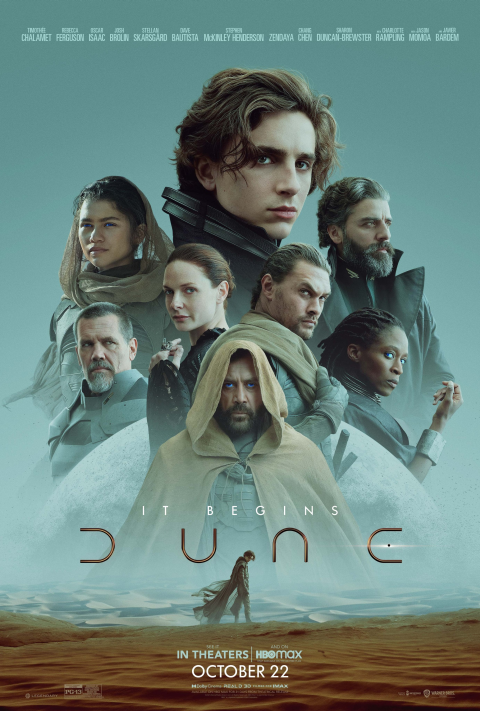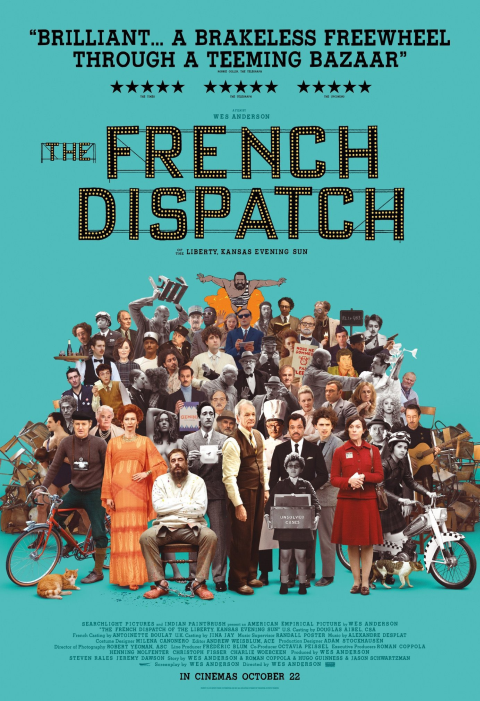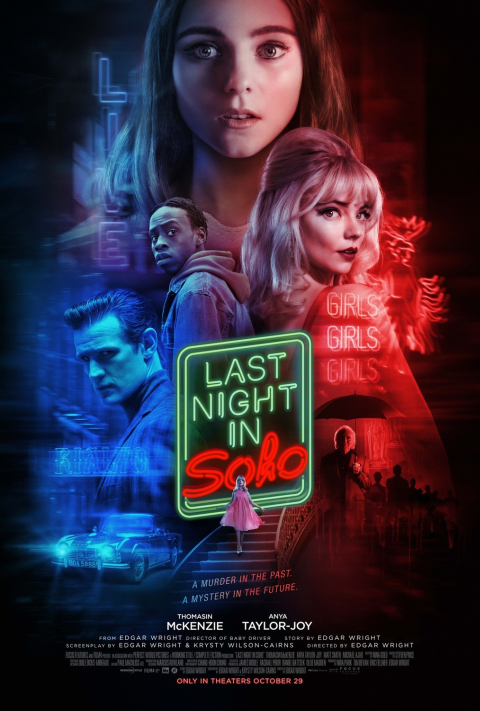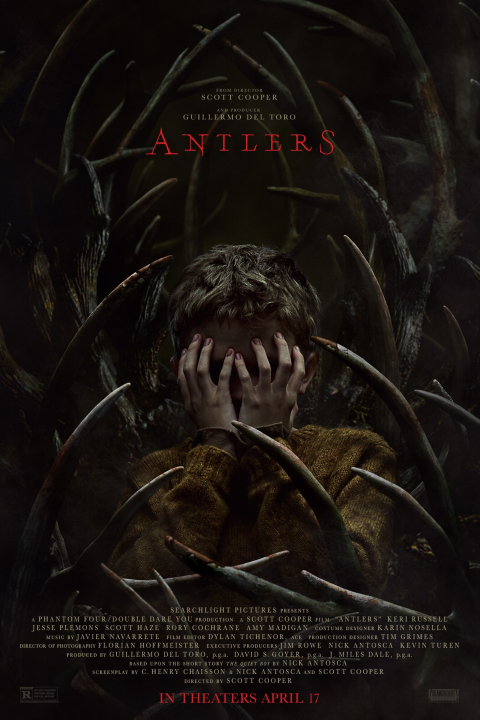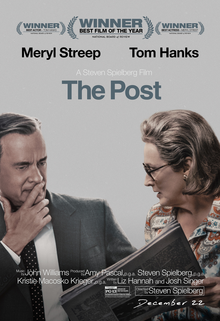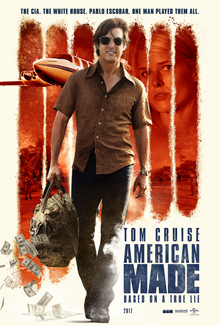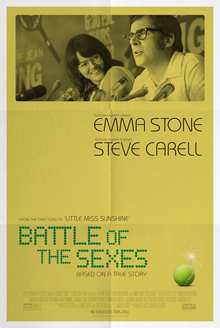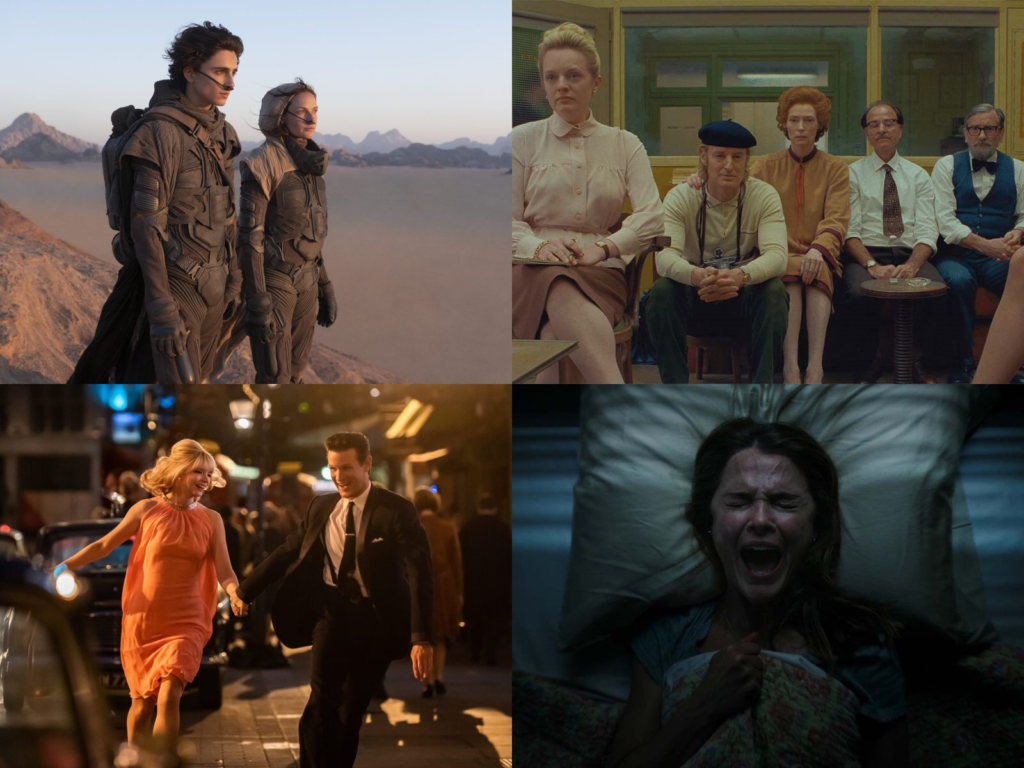
It’s been a long time since I talked about multiple contemporary movies at one time, but it feels good to be back to it; gives me a particular sense of normalcy that I haven’t felt in a while.
Honestly, I wasn’t even remotely interested in Denis Villeneuve’s Dune until I happened to see David Lynch’s Dune (which Lynch famously disowns) earlier this year (because God knows I’ll never read any of Frank Herbert’s novels, though I mean him no disrespect).
This makes it tough for me to both evaluate and recommend the Dune of 2021 (now confirmed as Part 1 of at least a duology, if not a trilogy).
I knew what was happening in the 2021 version because I knew what happened in 1984’s adaptation, but I’m not totally sure how an uninitiated general audience member would feel.
That said, one thing I can say with assurance is that Dune might just be Denis Villeneuve’s best-looking movie, which is really saying something after, you know, Blade Runner 2049, but it’s true.
Frankly, if all this movie is is a visual update on the 1984 adaptation with significantly more time to tell its story, that’s enough, especially in IMAX; however, as somebody who actually enjoys Lynch’s version, I wouldn’t call Villeneuve’s update leaps-and-bounds better, but it’s more than worthy.
I certainly haven’t heard many complaints from fans of the novels, for whatever that’s worth.
Rating: ★★★★☆
It’s Wes Anderson. What do you want?
Honestly, The French Dispatch might be his worst movie, but in the end I still liked it [just enough to revisit it again somewhere down the road].
Now, nothing about The French Dispatch is going to sway anyone who isn’t already a Wes Anderson fan. Compared to his last two live-action efforts in particular (Moonrise Kingdom and The Grand Budapest Hotel), it doesn’t even compare in charm and amusement, but his filmmaking style is still unique among his peers, which is worth seeing, and, as I would say of all his features, there is a heart to it, even if it’s noticeably slow to reveal itself this time.
If you do decide to see it, see it on the biggest screen you can, as centered as you can, because the aspect ratio and color change frequently, even if the camera itself is usually locked down.
As the saying goes, every frame is a painting, but some frames are more compelling than others.
Rating: ★★★½ (out of five)
This is going to sound strange, because they are VERY different movies, but I’d compare Edgar Wright’s Last Night in Soho to Guy Ritchie’s The Gentlemen, in that there are undeniable hallmarks of both directors’ styles in each film, but on the whole, they are far from the hypothetical versions of the movies that we would have gotten from them, say, fifteen years ago (in other words, they’re maturing).
Specifically to the style of Last Night in Soho though, I’d call it a cross between Wes Craven (e.g. Nightmare on Elm Street) and Dario Argento (e.g Suspiria).
However, I won’t say anything about the plot in particular (not that I usually do anyway), because one of my favorite things about the movie is how it just throws you in without explaining a whole lot.
In the end, it’s not my favorite from Edgar Wright, nor do I think it’s his best overall work (though it is a triumph in terms of the visual nitty-gritty: set design, costumes, etc.), but I appreciate his effort to evolve (and I think having a writing partner definitely helped this time), so I will both strongly recommend Last Night in Soho and be excited to see what he does next.
Rating: ★★★★☆
Antlers is being marketed with Guillermo Del Toro’s name (apparently he was a producer on it, as was multi-time Christopher Nolan collaborator, David S. Goyer), but I couldn’t care less.
I was always in on this movie for one name and one name only: Scott Cooper.
Not that he has a flawless filmography as a director (Black Mass in particular was more like Black Mess), but after Hostiles (one of the best Westerns of recent vintage) I was down for whatever came next, and, for the most part, I was not disappointed.
Based on the short story “The Quiet Boy” by Nick Antosca (who also worked on the screenplay), itself inspired by a particular piece of Native American folklore, Antlers feels like a slightly more contemporary version of a 1980s Stephen King adaptation (Silver Bullet, Christine, et al) with its small town, slow burn feel.
(I would also describe it as A24’s version of The Pit, but if that doesn’t sway you just forget I said it.)
My only real disappointment is, for one, the movie probably could have been trimmed down to a solid ninety minutes, but, more importantly, there’s some creature imagery that I wish would have been done 100% practically, or just straight up Hitchcockian (shadowed/obscured); the film still would have worked without the “money shots”.
Still, for where the horror genre is these days, Antlers is pretty solid.
Rating: ★★★½ (out of five)

